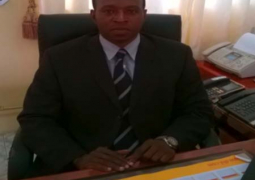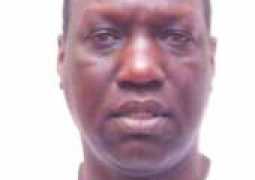Members of Civil Society Organizations on Wednesday organised a one-day workshop for their members as part of the 2011 World Social Forum underway in the Senegalese city of
Speaking at the opening of the workshop, Megan Mac Garry, Convening Officer Civicus World Alliance for Citizens' Participation, said the World Social Forum (WSF) is very important, noting that it is a unique opportunity to discuss pressing issues.
According to her, the crises facing the world should always be tackled at the WSF.
The trend of global crises is increasingly worrying and problematic, Madam Megan noted, adding that evidence and proofs of this problem are showing in many countries.
She however noted that the CSI is a participatory assessment and action researched project assessing the state of civil society in countries around the world.
The project links the assessment component with a reflective and action planning process fulfilled by civil society stakeholders.
She noted that their five core dimensions are to access the state of civil society within a specific country.
David Kode, a participant from
He added that the WSF has been instituted to tackle the crises and globalisation injustice facing the world.
"This clearly links to the shrinking democratic space and growing intolerance of legitimate dissent being experienced around the world," he said.
According to him, in many instances, the policy changes have been introduced to curb the independence of CSOs by clamping down on their ability to obtain financial and moral support from abroad in breach of commitments made by governments at international forums.
Mr Kode said Civicus was formed in January 2010 by the Registrar of Associations in
The manual creates a web of bureaucratic red tapes requiring local and international NGOs wishing to work together, to seek permission from multiple offices.
It also gives the government wide range of powers to arbitrarily terminate agreements with foreign CSOs, particularly those working, to engender political reforms in the country.
Kode explained that a number of civil society activists have been imprisoned on the basis of seemingly motivated prosecutions and flawed trials to prevent them from continuing their work to highlight human rights violations.
He expresses dismay over the common occurrence of detaining activists and calling them supporters or members of terrorist and rebel groups.
Read Other Articles In Article (Archive)
Voire dire continues in robbery case
Feb 13, 2013, 9:44 AM



